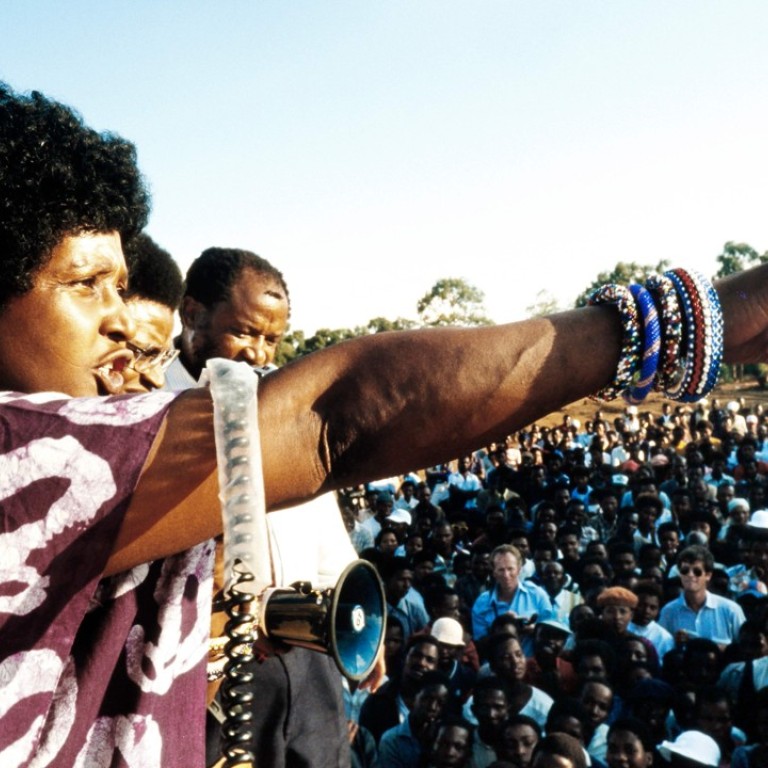
Winnie Madikizela-Mandela refused to bow. Now, South Africa will bow to her at state funeral
Divisive and defiant, Nelson Mandela’s ex-wife was regarded by many as the ‘mother of the nation’ – but her legacy is complicated by convictions for kidnapping, assault and fraud
Nelson Mandela’s ex-wife Winnie Madikizela-Mandela, an anti-apartheid icon and activist in her own right whose reputation was sullied by scandal, will be honoured by a state funeral.
After her death on Monday at the age of 81, crowds of mourners flocked to her home in the heart of South Africa’s Soweto township, a centre of anti-apartheid resistance that remained her base decades after white rule fell.
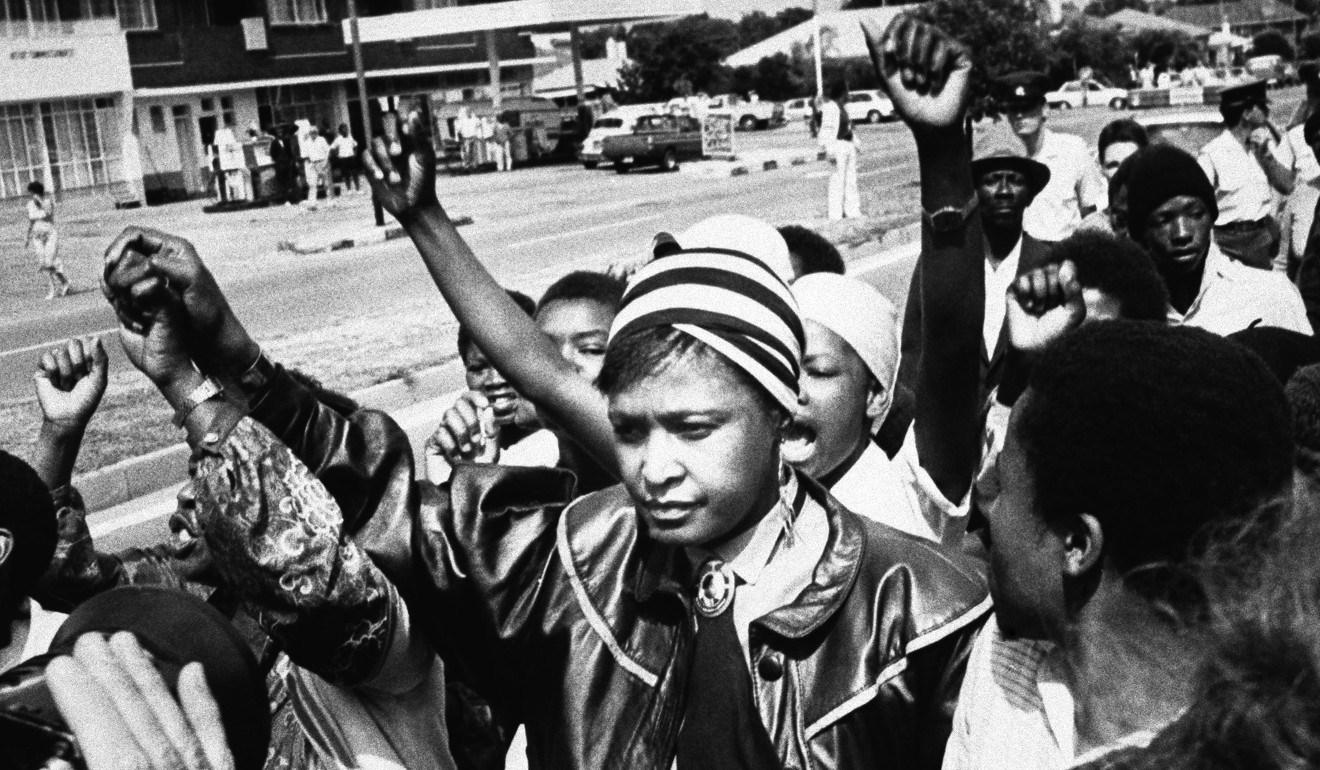
“I was friends with her mother for some time. I saw it on the TV just now and came here to check and was shocked,” said Constance Mokolobat, 89, a neighbour on Maseli Street.
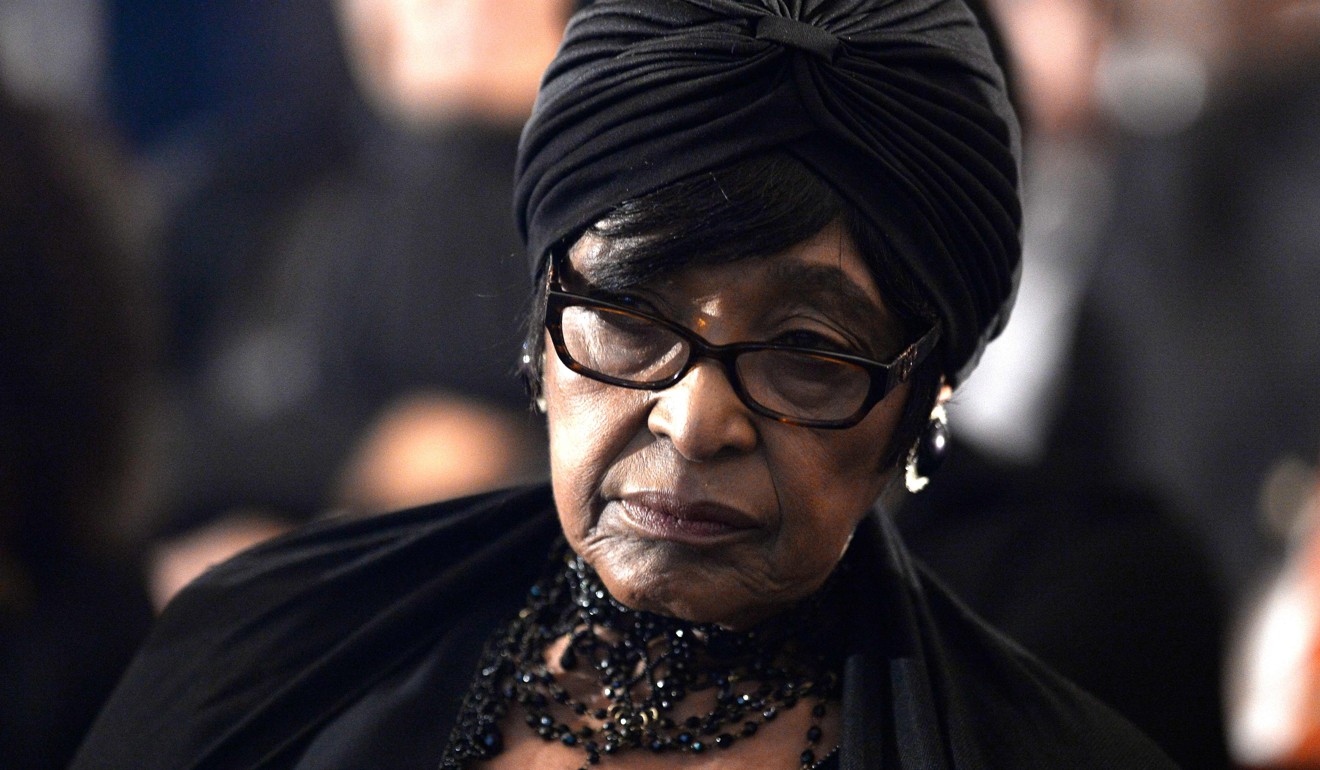
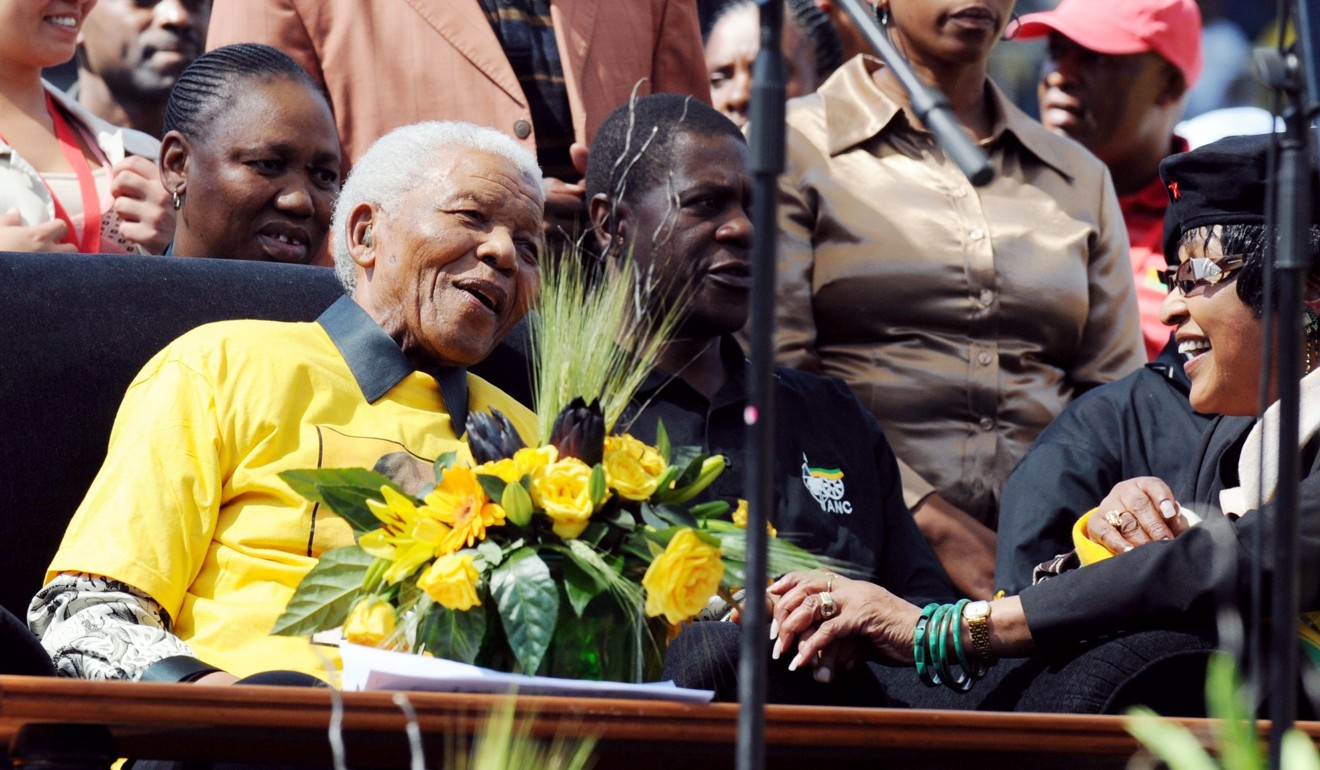
“She was a good woman. When we had birthdays she would call us and when there were funerals she’d always go. When we had problems she would always help. The community was like family,” said college worker Elise Tsikhovi, 60, another neighbour.
But her legacy is far more complicated.
Her political activism was marred by her conviction in 1991 for kidnapping and assault, for which she was fined. She faced these allegations again during the 1997 hearings before the Truth and Reconciliation Commission, a panel that investigated apartheid-era crimes.
As a parliamentarian after South Africa’s first all-race elections, she was convicted of fraud.
Still, Madikizela-Mandela remained a venerated figure in the ruling African National Congress, which has led South Africa since the end of apartheid in 1994.
She continued to tell the party “exactly what is wrong and what is right at any time,” said senior ANC leader Gwede Mantashe.
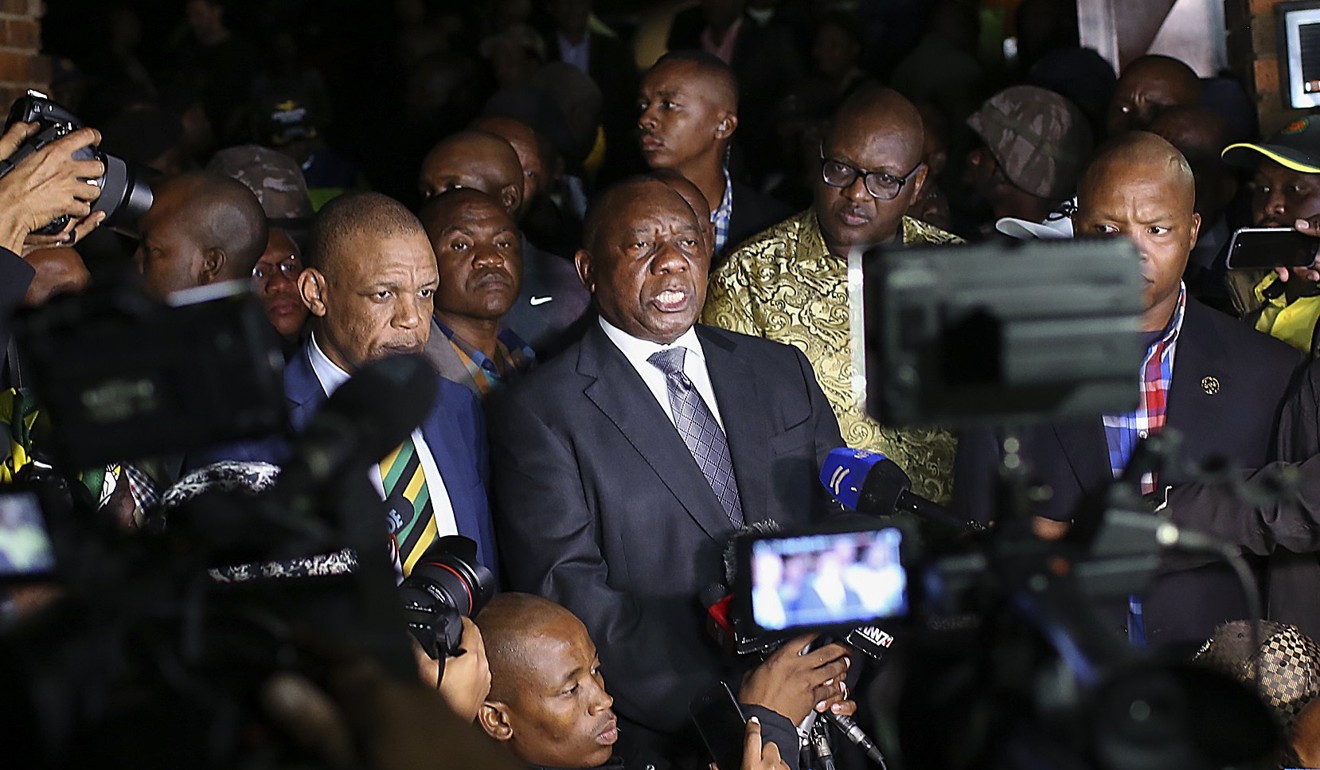
Ramaphosa described Madikizela-Mandela in a televised tribute as a “champion of justice and equality” and a “voice for the voiceless.”
The woman many South Africans have described as the “Mother of the Nation” and a champion of the black majority, died “surrounded by her family and loved ones,” according to a statement released by Madikizela-Mandela’s family.
Madikizela-Mandela was the second of Mandela’s three wives, married to him from 1958 to 1996.
Mandela, who died in 2013, was imprisoned throughout most of their marriage, and Madikizela-Mandela’s own activism against white minority rule led to her being jailed for months and placed under house arrest for years.
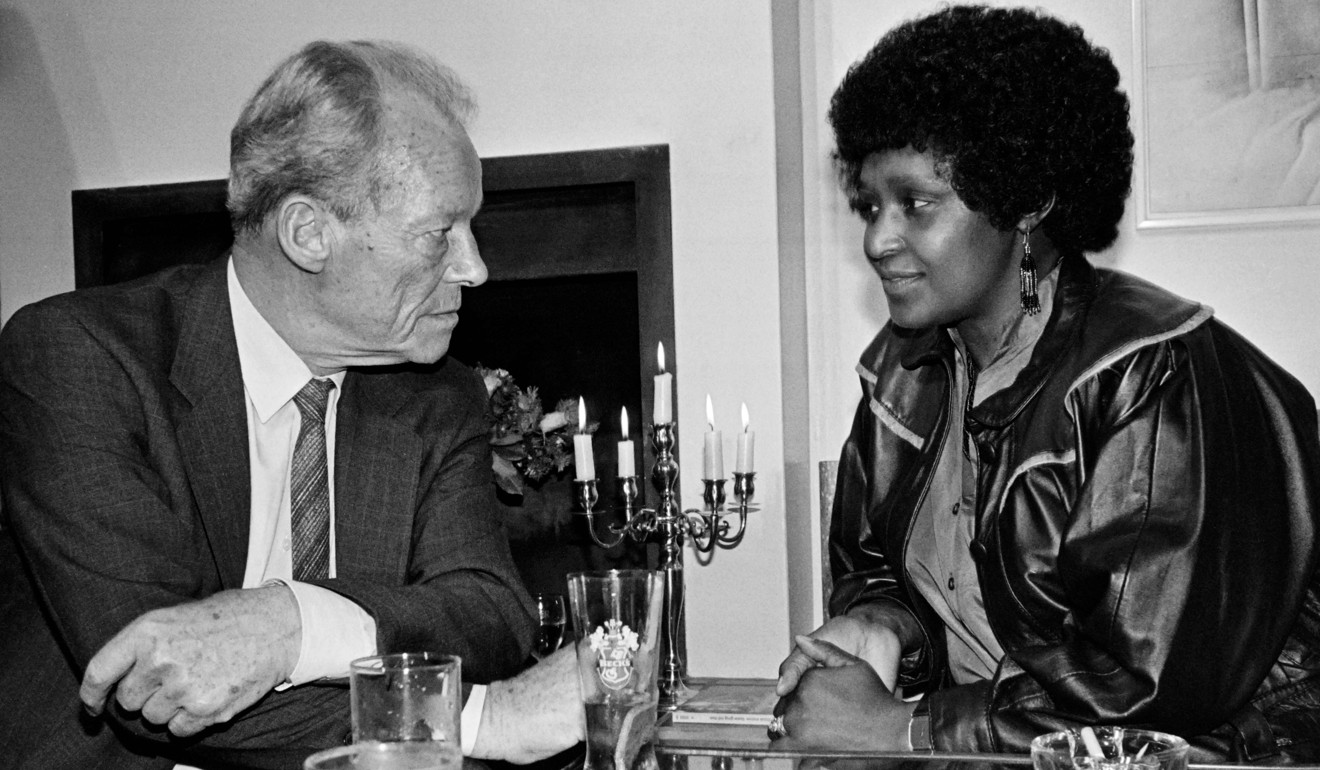
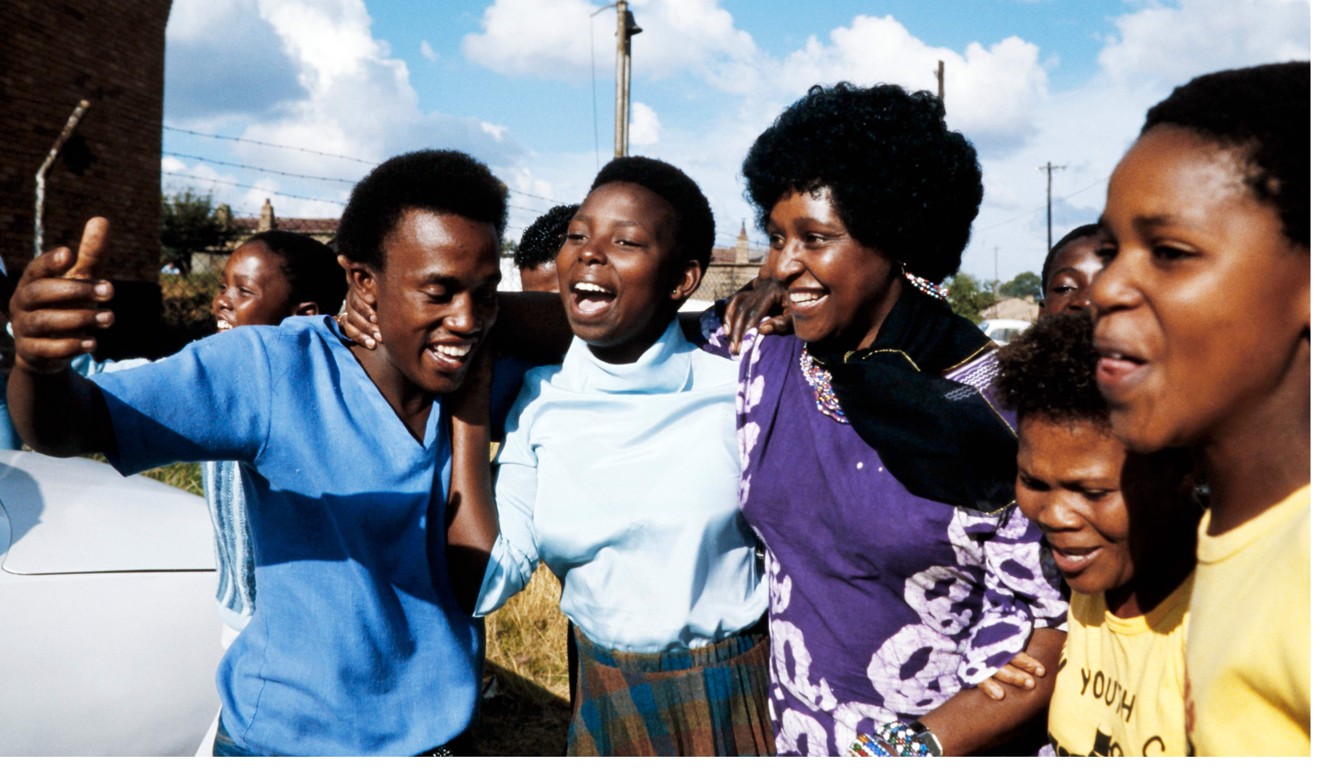
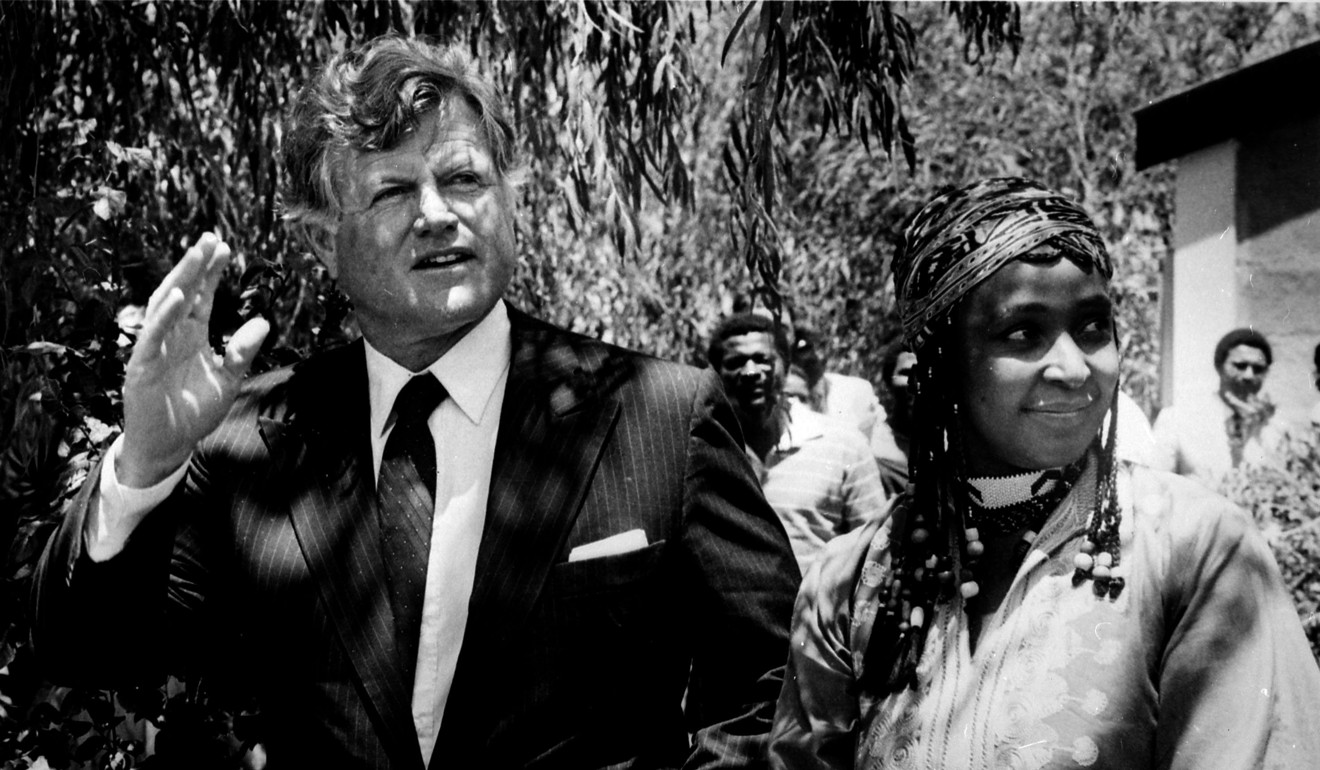
Nobel laureate and former archbishop Desmond Tutu, a periodic critic of the ruling ANC, noted her passing by describing Madikizela-Mandela as “a defining symbol” of the fight against apartheid.
“She refused to be bowed by the imprisonment of her husband, the perpetual harassment of her family by security forces, detentions, bannings and banishment,” Tutu said. “Her courageous defiance was deeply inspirational to me, and to generations of activists.”
UN Secretary-General Antonio Guterres called Madikizela-Mandela “a leading figure at the forefront of the fight against apartheid in South Africa,” his spokesman Stephane Dujarric said. Guterres said “she was a strong and fearless voice in the struggle for equal rights and will be remembered as a symbol of resistance,” Dujarric said.
Madikizela-Mandela had been in and out of hospital since the start of the year, according to her family. She had back surgery a year ago.
The young Winnie grew up in what is now Eastern Cape province and came to Johannesburg as the city’s first black female social worker. Her research into the high infant mortality rate in a black township, which she linked to poverty caused by racism, first sparked her interest in politics.
In 1957, she met Nelson Mandela, an up-and-coming lawyer and anti-apartheid activist 18 years her senior, and they married a year later.
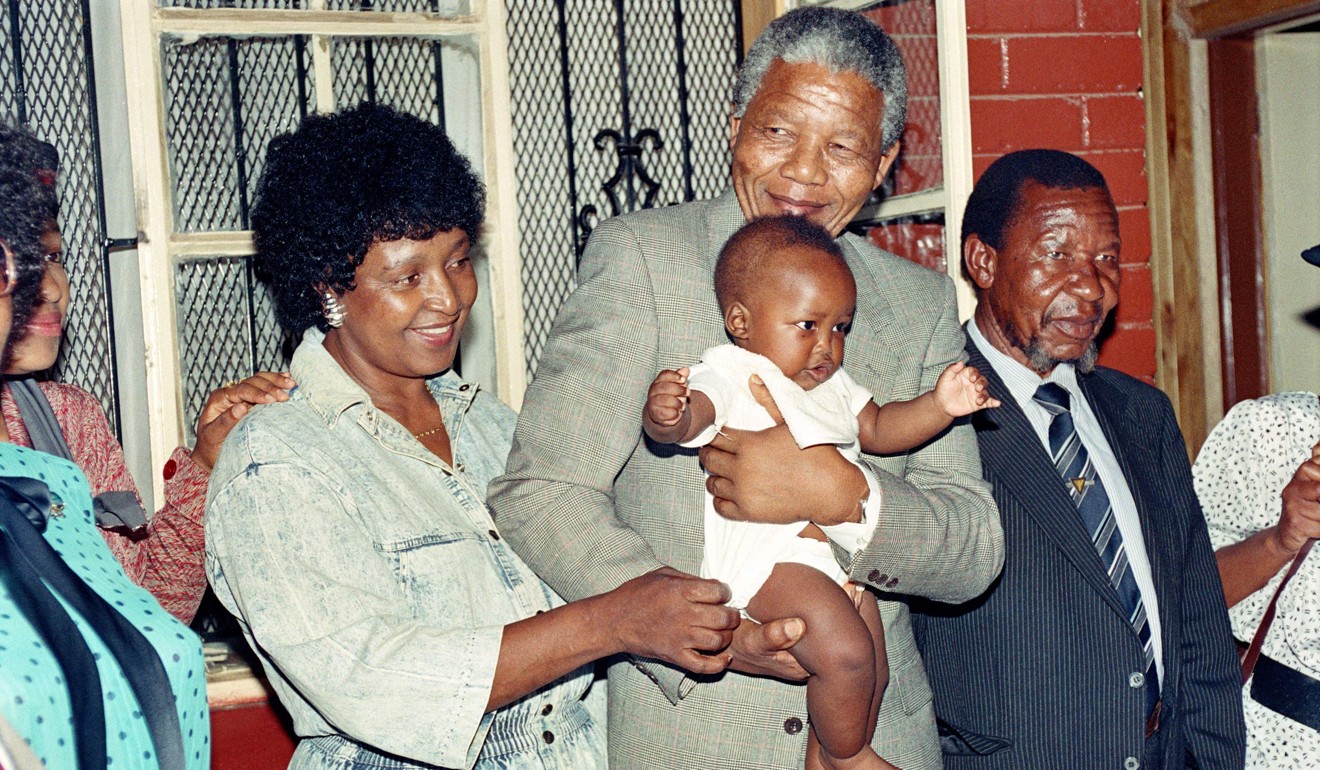
Madikizela-Mandela always was aware of the danger of being in the shadow of her husband’s all-encompassing personality.
Even before they were separated by Nelson Mandela’s long stay in prison, she had become politicised, being jailed for two weeks while pregnant for taking part in a women’s protest of apartheid restrictions on blacks.
The apartheid police later harassed her, sometimes dragging her from bed at night without giving her a chance to make arrangements for her daughters.
In 1977, she was banished to a remote town, Brandfort, where neighbours were forbidden to speak to her. She was banned from meeting with more than one person at a time.
The woman who returned to Johannesburg in 1985 was much harder, more ruthless and bellicose, branded by the cruelty of apartheid and determined vengeance.
In her book 100 Years of Struggle: Mandela’s ANC, Heidi Holland suggested that Madikizela-Mandela was “perhaps driven half-mad by security police harassment.” In an infamous 1986 speech she threatened “no more peaceful protests.”
Instead, she endorsed the “necklacing” method of killing suspected informers and police with fuel-doused tyres put around the neck and set alight.
“Together hand in hand, with our boxes of matches and our necklaces, we shall liberate this country,” she said.
Madikizela-Mandela complained bitterly on a North American tour after she was forced to testify to South Africa’s Truth and Reconciliation Commission in 1997 that the commission never asked her about the treatment she suffered over 18 months in solitary confinement.
The Mandela marriage that survived decades of prison bars dissolved with a formal separation in 1992, two years after Nelson Mandela was released.
“Their personal relationship broke down,” said George Bizos, a human rights lawyer who represented Nelson Mandela at the 1960s Rivonia trial that led to his long imprisonment.
“Nelson Mandela called two other senior members of the ANC after his release and he actually said, ‘I love her, we have differences, I don’t want to discuss them, please respect her,’” Bizos said. “And he shed tears to say that we have decided to separate. He loved her to the end.”
The couple divorced in 1996, two years after Mandela became president in South Africa’s first all-race elections, with Mandela accusing his wife of infidelity.
As the mother of two of Mandela’s children, Madikizela-Mandela and her ex-husband appeared to rebuild a friendship in his final years.
After Mandela’s death, however, she became involved in disputes over his inheritance.
Additional reporting by Agence France-Presse

